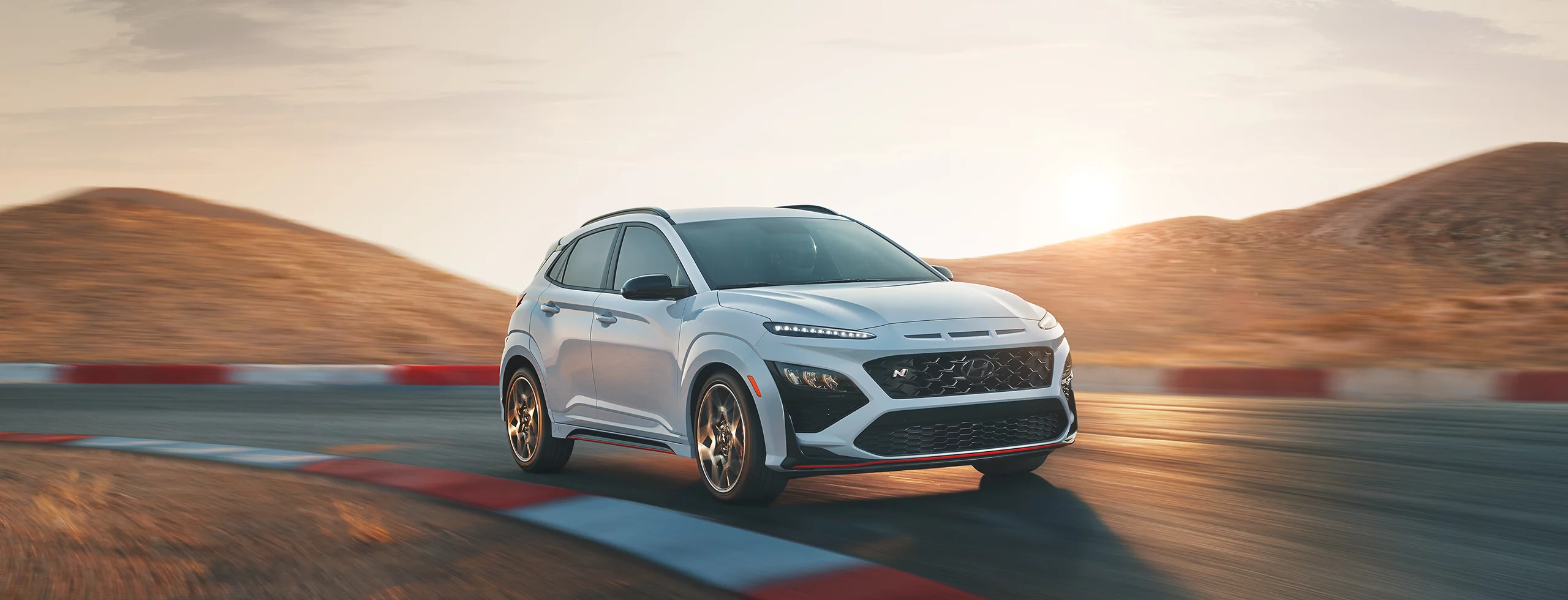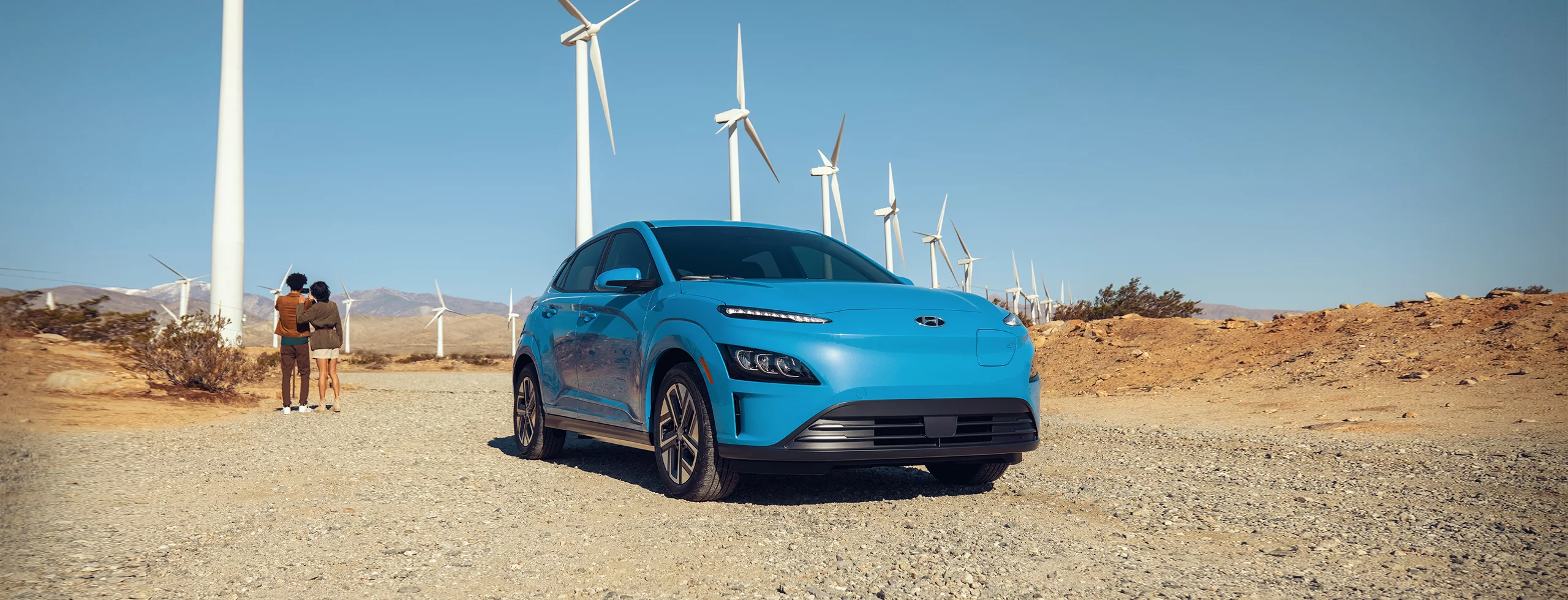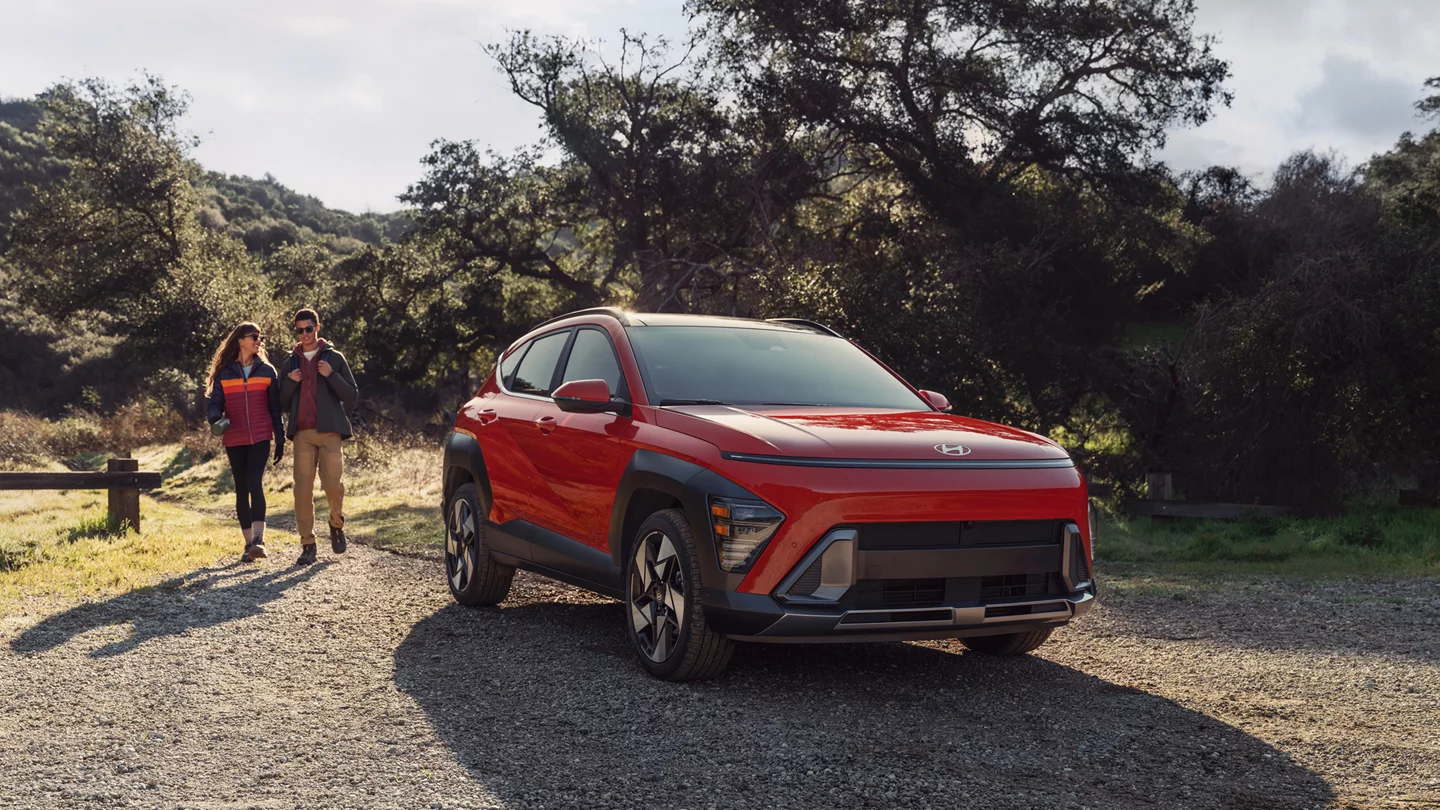Hyundai Kona vs. Jeep Compass: A Comparative Review
When it comes to compact SUVs, the market is saturated with options that promise a blend of style, performance, and utility. Two contenders that often come up in discussions are the Hyundai Kona and the Jeep Compass. Let's delve into a detailed comparison to understand who stands out.
Design and Aesthetics
Hyundai Kona

The Hyundai Kona boasts a bold, modern design that captures attention on the road. Its sleek lines, distinctive front grille, and aggressive stance give it a sporty look that appeals to a wide range of buyers. The Kona also offers a variety of vibrant color options, allowing for a personalized touch.
Jeep Compass
The Jeep Compass features the rugged and traditional Jeep aesthetic, which is appealing to off-road enthusiasts. However, its design can appear a bit dated compared to the contemporary look of the Kona. The Compass does offer a sense of toughness, but it lacks the modern flair that many urban drivers seek.
Performance and Handling
Hyundai Kona
The Kona offers a choice of efficient engines, including a turbocharged option that provides a punchy performance. It is nimble and easy to maneuver, making it perfect for city driving. The Kona’s handling is responsive, and it provides a smooth ride, even on rougher roads.
Jeep Compass
The Compass is equipped with a more robust engine lineup, including a capable off-road variant. While this makes it a good choice for those who frequently venture off the beaten path, its on-road performance can feel less refined. The Compass’s handling is decent, but it lacks the agility of the Kona.
Interior and Comfort
Hyundai Kona

Inside, the Kona excels with its high-quality materials, user-friendly infotainment system, and comfortable seating. It offers ample headroom and legroom for both front and rear passengers. The Kona’s interior design is both functional and stylish, with a focus on driver comfort and convenience.
Jeep Compass
The Compass features a more utilitarian interior, with a focus on durability rather than luxury. While it offers good space and comfort, the materials used are not as premium as those in the Kona. The infotainment system is functional but lacks the intuitive interface found in the Kona.
Technology and Features
Hyundai Kona
The Kona is packed with advanced technology, including a large touchscreen display, Apple CarPlay, Android Auto, and a suite of driver-assistance features. Hyundai’s Blue Link connected car service adds another layer of convenience and safety.
Jeep Compass
The Compass also offers modern tech features, but they are often part of optional packages rather than standard. While it includes essential connectivity options and driver aids, the overall tech package feels less comprehensive compared to the Kona.
Fuel Efficiency
Hyundai Kona

Fuel efficiency is one of the Kona’s strong suits, particularly with its smaller, more economical engine options. The Kona delivers impressive mileage, making it an economical choice for both city and highway driving
Jeep Compass
The Compass, with its larger and more powerful engines, tends to consume more fuel. While it performs well in off-road scenarios, its fuel efficiency does not match that of the Kona.
Price and Value
Hyundai Kona
The Kona is competitively priced, offering great value for money with its long list of standard features, excellent warranty, and strong resale value. Hyundai’s commitment to affordability without compromising quality is evident in the Kona.
Jeep Compass
The Compass is priced higher, especially when equipped with advanced features and off-road capabilities. While it offers good value for those who need a rugged SUV, it does not provide the same level of features and comfort for the price as the Kona.
While the Jeep Compass has its strengths, particularly for those seeking off-road capabilities, the Hyundai Kona emerges as the better overall choice for most drivers. Its modern design, superior performance, comfortable interior, advanced technology, fuel efficiency, and value for money make it a standout in the compact SUV segment. For urban dwellers and everyday drivers looking for a reliable and stylish vehicle, the Hyundai Kona is the clear winner.



